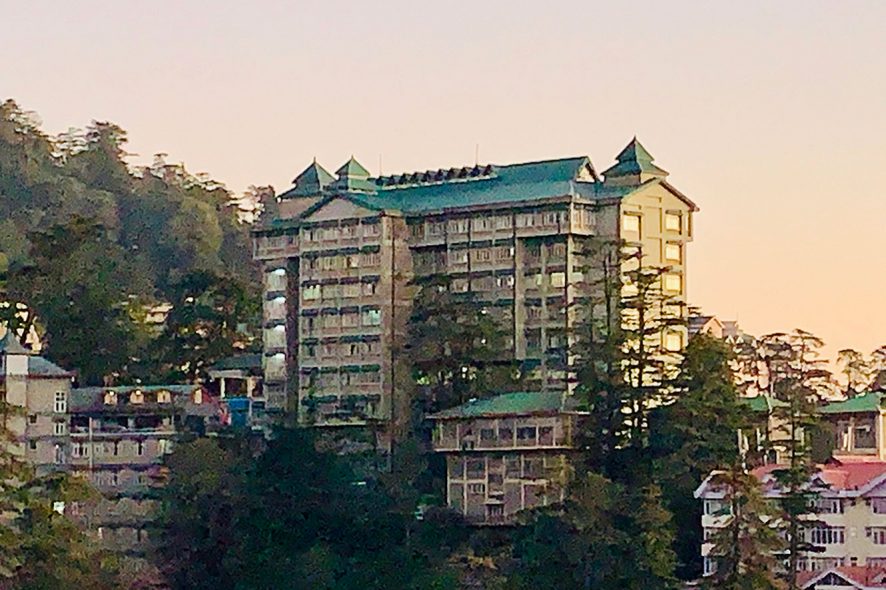Himachal Pradesh High Court: Ajay Mohan Goel, J. dismissed the appeal on finding no substantial question of law involved in the appeal.
Factual matrix of the case was that the plaintiff filed a suit for recovery of a certain amount along with the interest rate; the contract was based on mutual understanding and was a written one. The plaintiff contended that the defendant had executed a receipt or undertaking for the borrowings that were made. Allegedly defendant issued a cheque in favor of the plaintiff to discharge part liability but the same was dishonored. Subsequently, the plaintiff initiated proceedings under Section 138 of the Negotiable Instruments Act. The plaintiff submitted that thereafter the matter was compromised between the two, however, the balance amount is still due.
On the contrary, the defendant submitted that the sum was never borrowed from the plaintiff neither any receipt was executed by him. The learned Trial Court had adjudicated the matter and framed several issues, like ‘Whether plaintiff suppressed material facts from the Court’ and ‘Whether the plaintiff has no locus standi to file the present suit, as alleged?’
Trial Court decreed the suit in favor of the plaintiff on the basis of the evidence presented. The contention of defendant that the document presented was not the original receipt stood answered in negative by learned trial Court by holding that receipt was the original document and the objection raised by the defendant against the same was bad, especially as defendant in the witness box had admitted in his cross-examination that signatures on said receipt was his. The trial court had relied upon, Ajudya Lal v. Sandhya Devi, HJL 2006 (2) 943, where the Court had held that ‘there could not be evidence stronger than an admission by the parties in the civil cases.’ Against the order of the Trial Court the defendant filed an appeal. However, the appeal was dismissed. Learned Appellate Court also took notice of the fact that the defendant in his statement had clearly admitted his signatures on the said exhibit. On this basis, learned Appellate Court had held that it was apparent that the defendant was yet to pay an amount to the plaintiff.
Hence, the defendant now filed a second instant appeal aggrieved by the Judgment of trial court and Appellate Court, defendant had argued that the Judgments and decrees passed by both the learned Courts below were not sustainable in the eyes of law as the learned Courts below have erred in not appreciating that exhibit was a false and fabricated document and a scanned copy of the same was exhibited and suit could have been decreed by relying upon the said exhibit.
On the contrary, the plaintiff had submitted that there was no perversity with the findings. He had further argued that as the allegation of the defendant was that the exhibit was a forged document, the onus was upon him to prove the said fact, which he was not able to prove. Accordingly, he urged that as the appeal sans merit, the same be dismissed.
The Court, observed the concurrent findings by the Courts below and held that, “The scope of interference by the High Court in Second Appeal under Section 100 of the Code of Civil Procedure is only if the Court finds that there is substantial question of law involved in the appeal.” Further, it was held that there was no substantial question of law involved in the case. Both the Courts have given the Judgment in favor of the plaintiff after examining all the evidence and pleadings. Hence, the appeal was dismissed.[Satyapal Kashyap v. P.P.S. Chhatwal, 2019 SCC OnLine HP 1561, decided on 19-09-2019]







